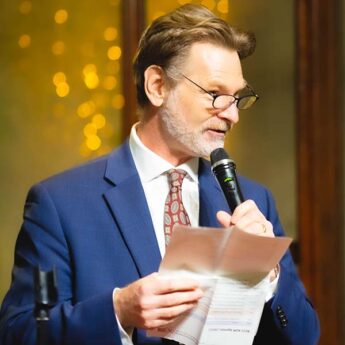The summer months (in the northern hemisphere) of 2012 and 2013 are forever etched into my sporting memory. These were the dates of the London 2012 Olympic and Paralympic Games, and the British & Irish Lions rugby tour to Australia, which culminated in a series-deciding test match in Sydney. I was fortunate to attend both. While memories of the sporting action are increasingly sketchy, I vividly remember the atmosphere of pride and excitement that radiated from these two great cities as they welcomed visitors from around the world for their respective sporting spectaculars.
Changing expectations
These are experiences to be savoured for a lifetime and I thought destined to be repeated in 2020 and 2021 with the Tokyo 2020 Olympic and Paralympic Games, and the British & Irish Lions tour to South Africa. In the case of the Games, the extraordinarily successful 2019 Rugby World Cup (RWC) merely reinforced our confidence that Tokyo would deliver a very special experience for the world to enjoy.
Since then, however, the global pandemic has caused the stage to be set very differently. Covid-19 shunted the Games from 2020 into 2021 and, like the Lions’ rugby matches in South Africa, the Games are now taking place behind closed doors. For Japan in particular—given the sheer scale of the Games in terms of the number of athletes, venues and administrators involved—the stakes (in terms of public health) are infinitely higher than anything we will see play out in competition on our television screens over the coming weeks.
Ever since the announcement in September 2013 that Tokyo had won the right to host the Games, the British Chamber of Commerce in Japan (BCCJ) has organised numerous events to explore their social and commercial impact. Following the UK’s recent experiences of hosting the Games and RWC, this was in large part due to a desire to celebrate the joy and opportunity of a shared experience for the people and businesses of Japan and the UK. When it came to opportunities, one of the recurring themes was how businesses and communities in the host country could leverage the “feel good factor” to impact people in a positive way.
Finding hope
Formerly, that feel good factor was a function of a jamboree atmosphere and the inspirational performances of athletes of extraordinary skill and capability. However, with the struggle to contain the pandemic, the moral licence and emotional tolerance for festival-like celebration has faded.
Yet the Games are here, so let us hope that the commitment of competitors can, in some small way, distract and nourish the resolve of pandemic-weary people around the world. Driven to excel by the prestige of participation, the honour of representing their countries, and pride in individual excellence and collective teamwork, athletes will undoubtedly deliver the drama.
But perhaps the most inspiring chapter of these Games has already been written by 21-year-old Japanese swimmer Rikako Ikee, who qualified after spending 10 months hospitalised in 2019 receiving treatment for leukaemia. As she reminded us before the Games, “Sport is about more than just the athletes. It takes the support of many different people [and] inspires courage and solidarity. To overcome adversity, what we need most of all is hope”. Courage, solidarity, and hope—inspirational words. Her actions, though, speak even louder.

